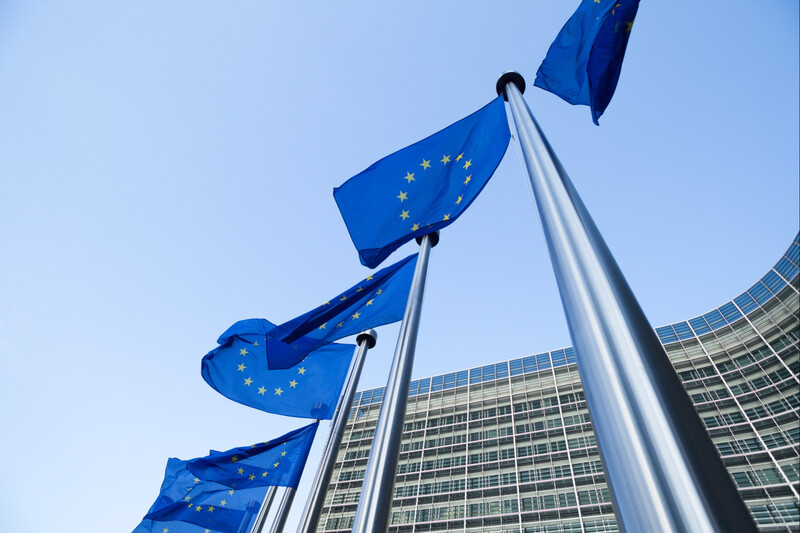La Commission européenne souhaite renforcer et durcir la réglementation sur les sociétés écrans pour lutter plus efficacement contre l’évasion fiscale. Celle-ci représente chaque année 60 milliards d’euros de pertes fiscales pour l’Union européenne.
La France, 4ème du classement mondial de l’évasion fiscale
La Commission européenne a présenté mercredi 22 décembre une initiative pour lutter contre l’évasion fiscale en durcissant la réglementation sur les sociétés écrans. Ces sociétés fictives, basées dans des paradis fiscaux, visent à dissimuler des transactions financières pour passer sous les radars de l’administration fiscale du pays de résidence.
Parmi les 60 milliards d’euros annuels de perte fiscale, 40 milliards sont liés à des investissements effectués en dehors de l’Union européenne. Ces sommes transitent en grande partie par le Luxembourg et les Pays-Bas. Les flux d’investissements étrangers passant par le Luxembourg représentent 56 fois son PIB.
La France enregistre chaque année une perte de recettes fiscales de 20 milliards de dollars, occupant ainsi la 4ème place du classement mondial des pays affectés par l’évasion fiscale. À l’échelle de l’Europe, la France se situe derrière le Royaume-Uni, avec une perte de 39 milliards de dollars par an, et l’Allemagne, avec 35 milliards de dollars de pertes fiscales annuelles.
Des critères de transparence et des sanctions concrètes
Pour lutter contre l’évasion fiscale et les sociétés écrans, la Commission européenne a décidé d’exiger plus de transparence de la part des entreprises.
Elle propose de retenir 3 critères de vigilance pour mieux repérer les probables sociétés écrans. Si l’une d’entre elles réunit ces 3 critères de surveillance, elle devra donner des éléments supplémentaires aux autorités fiscales des États membres de l’Union européenne. Seront alors exigés l’accès aux comptes bancaires de la société, l’adresse de ses locaux ou encore l’accès à la résidence fiscale des salariés et des dirigeants.
Everybody must pay their fair share for #EUrecovery. That is why the @EU_Commission has proposed new transparency measures for #shell companies, to better detect and combat #tax abuse. More info here: https://t.co/xmVwi8iNeF pic.twitter.com/ozhYsuWG5l
— EU Tax & Customs 🇪🇺 (@EU_Taxud) December 22, 2021
Les trois critères sont les suivants : premièrement, toute entité immatriculée dans l’Union européenne sera susceptible d’être considérée comme une société écran si, au cours des deux dernières années fiscales, plus de 75 % de ses recettes totales ne proviennent pas de son activité commerciale, ou si plus de 75 % de ses actifs sont des biens immobiliers, ou d’autres biens privés ayant une valeur élevée.
Deuxièmement, une société pourra être soupçonnée si ses revenus proviennent en majorité de transactions liées à une autre juridiction, ou si une part significative de ces revenus est transférée à des sociétés implantées à l’étranger. Enfin, le troisième et dernier critère concerne la gestion et l’administration de la société. Si ces services sont externalisés, l’entité contrôlée est susceptible d’être considérée comme une société écran.
L’administration fiscale de chaque pays membre de l’UE sera seule décisionnaire de la qualification d’une entité comme société écran. Si tel est le cas, la société ne pourra pas bénéficier d’allègements fiscaux ni de conventions fiscales spécifiques mises en place par l’État membre. Pour que ces mesures soient respectées, l’administration fiscale du pays ne délivrera aucun certificat de résidence à la société concernée, ou précisera sur celui-ci qu’il s’agit d’une société écran.
Par ailleurs, les paiements entrants seront taxés dans le pays de résidence de l’actionnaire de la société écran, et les paiements vers des pays tiers seront soumis à une retenue à la source. Quant aux sociétés écrans qui possèdent des biens immobiliers, ceux-ci seront imposés par l’État dans lequel se trouve le bien.
La directive de l’Union européenne devrait entrer en vigueur début 2024, à condition que les 27 États membres l’approuvent, ce qui s’annonce périlleux.
